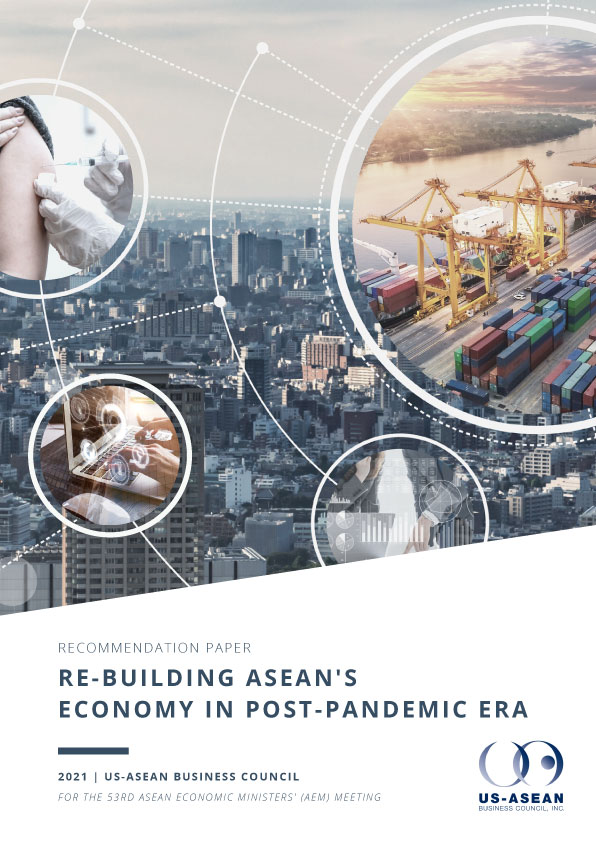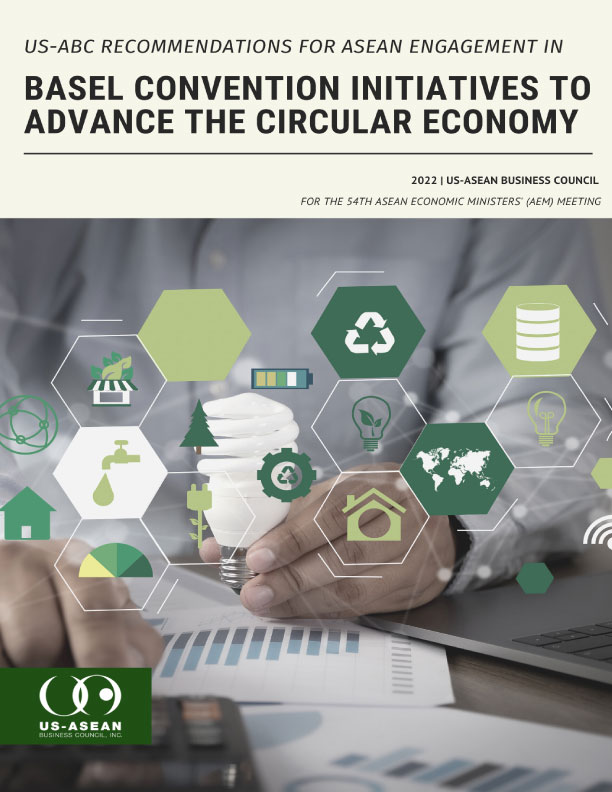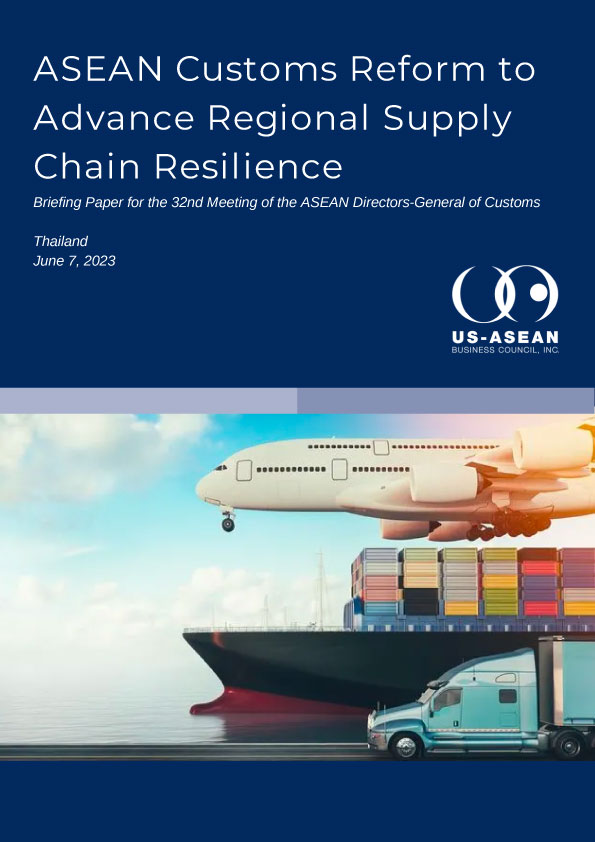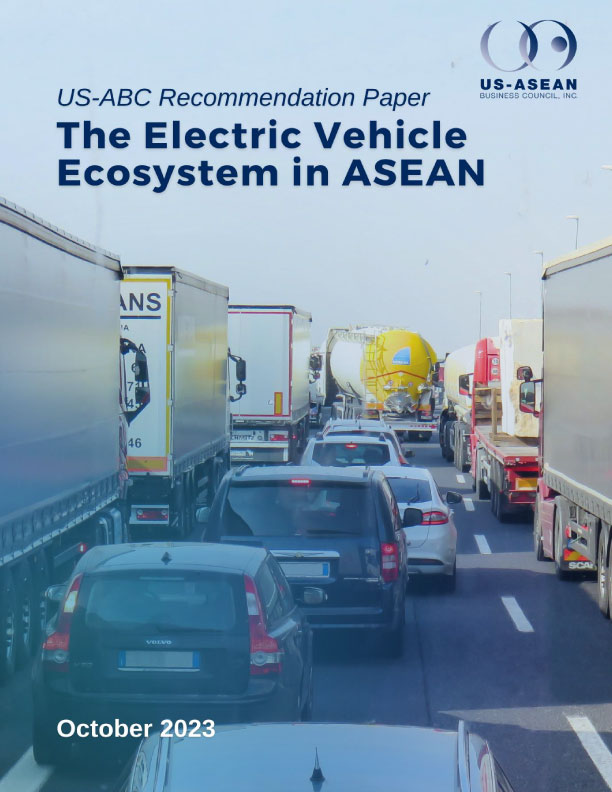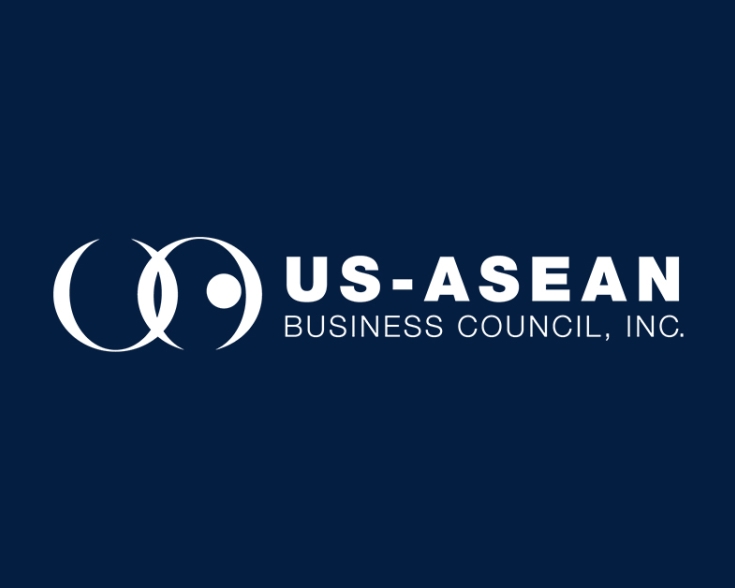Malaysia’s Foreign Partners in Rare Earth Processing Push
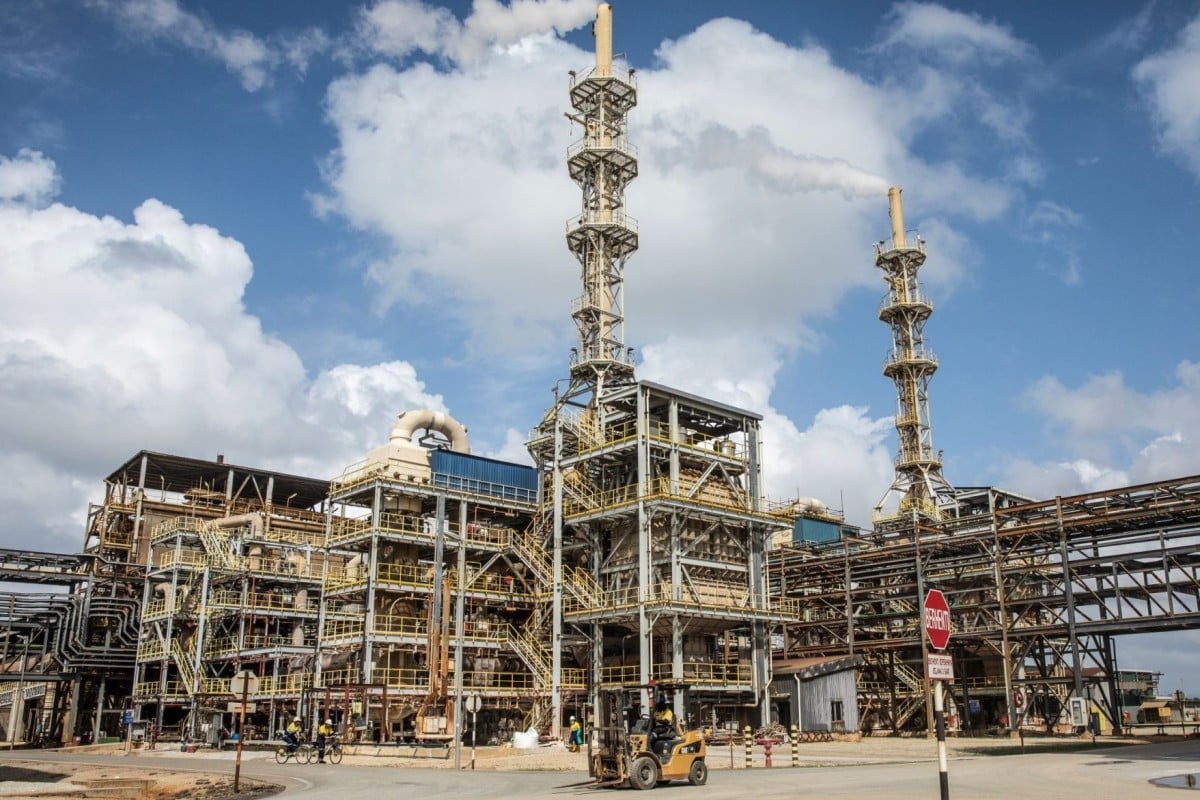
Malaysia is accelerating efforts to develop downstream rare earth processing capacity through new foreign investment partnerships. On October 22, Khazanah Nasional and the Ministry of Investment, Trade and Industry (MITI) announced plans to invite international partners to co-develop refining and separation facilities, leveraging an estimated 16.1 million metric tons of domestic deposits. The initiative reflects the Malaysian Government’s ambition to move beyond raw mineral exports toward higher-value processing and manufacturing, positioning Malaysia to play a greater role in the global clean energy and semiconductor supply chains.
The push comes amid China’s decision to tighten export controls on rare earth elements, restrictions that have disrupted global access to critical minerals used in electric vehicles, wind turbines, and defense technologies. In response, Malaysia is pursuing a balanced diversification strategy as they remain open to cooperation with Chinese firms on technology transfer and refining while simultaneously courting partners from the United States, Japan, and the European Union to reduce strategic dependence. Investment Minister Tengku Zafrul Abdul Aziz has said the government welcomes joint-venture structures that ensure environmental safeguards, local participation, and transparent ownership frameworks.
This move aligns Malaysia with a broader regional realignment in the critical minerals market. Countries such as Vietnam and Australia are also seeking to localize rare earth processing to hedge against future supply disruptions. Malaysia’s comparative advantage lies in its existing industrial infrastructure and regulatory openness to mixed foreign partnerships, making it an emerging focal point in the competition between China and the United States over clean-energy supply chains.


